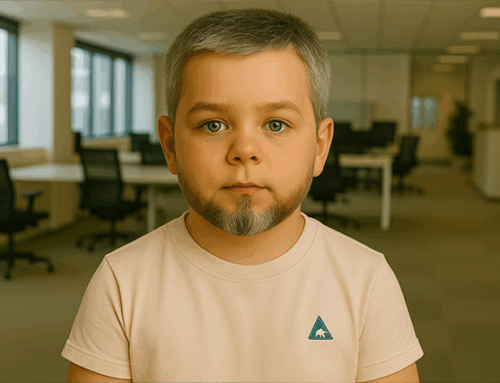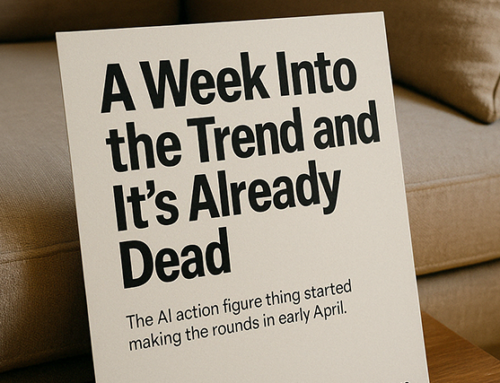You know what it’s like at the start of a new relationship: the joy, the nerves, the trembling excitement. You get to know them. The joy builds. Years of promise and hope stretch out before you and, if you’re lucky, it all comes true.
If you’re unlucky, the fallout costs you $1.28Billion.
Yup: let’s talk Yeezy.
For those of you whose sportswear interests ended with Plimsoles (I’m looking at you, Tim), no, Yeezy isn’t the sound you make when you sneeze. It’s a collection of branded trainers co-designed by one-time musician and professional controversy magnet Kanye “Ye” West.
Ye designed them, Adidas made them and, together, they stood to make more money than God.
And then Ye,… well, you know what he did next.
Suddenly the darling of far-right online “news” channels, Ye threw shade on the Holocaust, made more than a few off-colour remarks about Jewish people and, basically, crashed the Yeezy gravy train straight into a brick wall. At speed.
The executives at Adidas were not happy bunnies.
The public reaction to Ye’s shenanigans was toxic and Adidas had to move quickly to mitigate the damage to themselves before Ye’s remarks dragged them down with him. Yeezy was dropped like a flaming potato, Ye was cut loose and Adidas retreated to lick their corporate wounds.
See, there’s a commodity that’s more valuable to big business than money: reputation. Integrity. Loose these and you risk losing your customers.
Which is why Adidas’s recent announcements have been,… odd.
As of 2023, Adidas are once again selling Yeezy trainers.
They say that they need to claw back some of their overall $440million in outright costs. They say that they’re just selling what was already made and would, otherwise, end up in landfill. They say that a “proportion” of the profits will go to anti-racism charities.
But are those justifications enough to overcome the potential reputational hit? Executives at Adidas must think so – and there was certainly no shortage of buyers for the shoes, with a second sale of Yeezy trainers scheduled for August.
Some – rightly or wrongly – could see this as a cynical cash grab to capitalise on the notoriety of Ye and the limited supply of his shoes, however. The amount of these sales that will be handed to charities hasn’t been specified, either.
Many might ask why the shoes aren’t being donated to poor households in the developing world. Many would point out that product recalls and incineration are far from rare in the industry, and that the loss would almost certainly be insured.
The sales themselves pose a tremendous reputational risk,… but how much risk?
Adidas were around long before Ye stepped into the design studio and their reputation will probably survive any temporary tarnish. Ye still has a great many fans, too – many of those are now snapping up the shoes and commending Adidas for releasing them. You never know, this could make them more popular in some quarters.
How this will be viewed 10 years from now is more difficult to predict. I suppose that would depend on what Ye does next to repair his reputation – if, indeed, he can.
What I do know is that the entire debacle is a clear demonstration of the risks companies take when entering into these types of relationships.
It’s not Yeezy.





